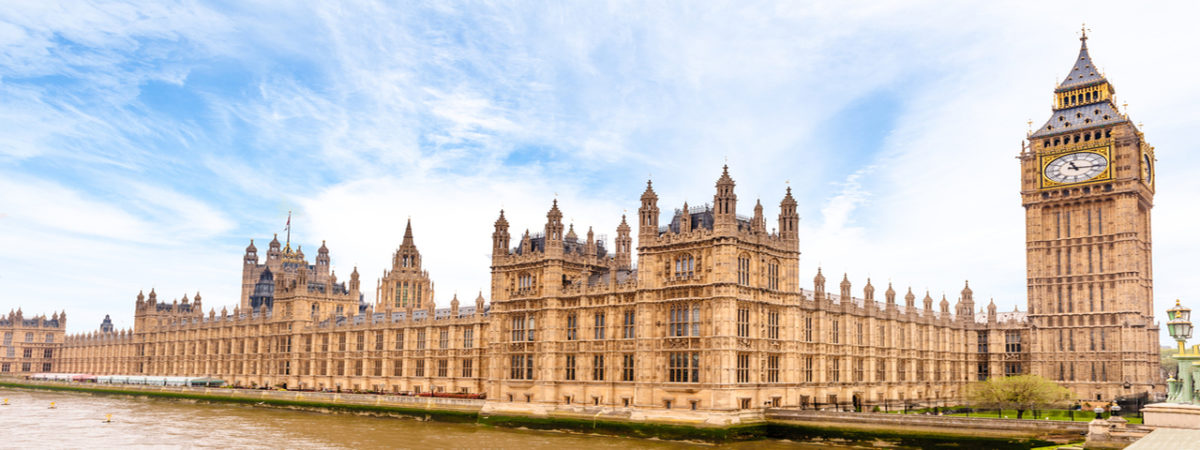Public being misled about the clampdown on ‘junk food’, says new IEA briefing
SUGGESTED

IEA releases the next in a series of research on use of public money to lobby government

IEA spokespeople comment on Spring Statement public policy

IEA publishes new briefing on 'junk food'
This timely briefing comes in the same week that the food delivery company Farmdrop had a tube advert rejected by Transport for London for using butter, bacon and jam in a photo.
Key findings:
- The term ‘junk food’ has no legal definition and its use by campaigners gives a misleading impression of how much industry and consumers will be affected by government proposals in the Childhood Obesity Strategy.
- Policies that restrict ‘junk food’ actually restrict HFSS food (high in fat, sugar and salt), as defined by the Nutrient Profiling Model which classifies a vast range of meals and products as ‘less healthy’. It takes no account of how food is eaten and in what quantities in the overall diet.
- HFSS food includes raisins, sultanas, ham, hummus, walnuts, pesto, olive bread, paté, salami, salads with dressing, tomato soup, cream crackers Cornish pasties, dried fruit, cereal bars, margarine, most tinned fruit, most yoghurts, two-thirds of morning goods, nearly all cheese (including half-fat cheese), many pasta sauces and one in every four sandwiches.
- The bar set by the Nutrient Profiling Model is going to be raised even higher. Under the new system, some snacks recommended by the NHS as ‘smart swaps’ will become ‘junk food’, as will some of the ‘5-a-day’ recommended by Public Health England, including pure orange juice.
- Under government proposals in the Childhood Obesity Strategy, HFSS products will be subject to pricing, promotion and advertising restrictions, including a broadcast advertising ban before 9pm, a ban on price promotions (such as meal deals and buy-one-get-one-free) and a display ban at shop entrances, checkouts and at the end of aisles.
- Many of the government’s own advertisements showing the best of British cuisine would fall foul of the ‘junk food’ advertising ban.
Commenting on the report, author Christopher Snowdon, Head of Lifestyle Economics at the Institute of Economic Affairs said:
“Looking at the range of food and drinks products that are classified as HFSS, it is clear that the government is not proposing a crackdown on ‘junk food’, but a crackdown on food in general, with exemptions for raw ingredients and health foods. We are sleep-walking into legislation that is far more extensive than most of us realise.
“Hysterical claims about junk food have been used as cover for tobacco-style regulation being rolled out across the food supply. The nation’s biggest and most important industry could soon be banned from advertising most of its products during daytime television, costing broadcasters tens of millions of pounds and lowering the quality of programming. The ban on HFSS products being positioned at the entrance, checkout and end of the aisle will cause shopkeepers all kinds of headaches, and the ban on discounts, such as buy-one-get-one-free, could cost consumers hundreds of pounds a year.
Politicians and the public have been sold a pig in a poke by those who campaign against the meaningless category of ‘junk food’. With organic food companies already falling foul of the law for advertising butter and jam, a rethink is urgently required.”
Notes to editors:
For media enquiries please contact Nerissa Chesterfield, Head of Communications: nchesterfield@iea.org.uk 020 7799 8920 or 07791 390 268
To download the IEA’s briefing “What is junk food?” click here.
Author Christopher Snowdon is Head of Lifestyle Economics at the Institute of Economic Affairs.
In 2017 the IEA published the book “Killjoys” by Christopher Snowdon, which is a comprehensive critique of paternalism. Click here to download.
The mission of the Institute of Economic Affairs is to improve understanding of the fundamental institutions of a free society by analysing and expounding the role of markets in solving economic and social problems and seeks to provide analysis in order to improve the public understanding of economics.
The IEA is a registered educational charity and independent of all political parties



